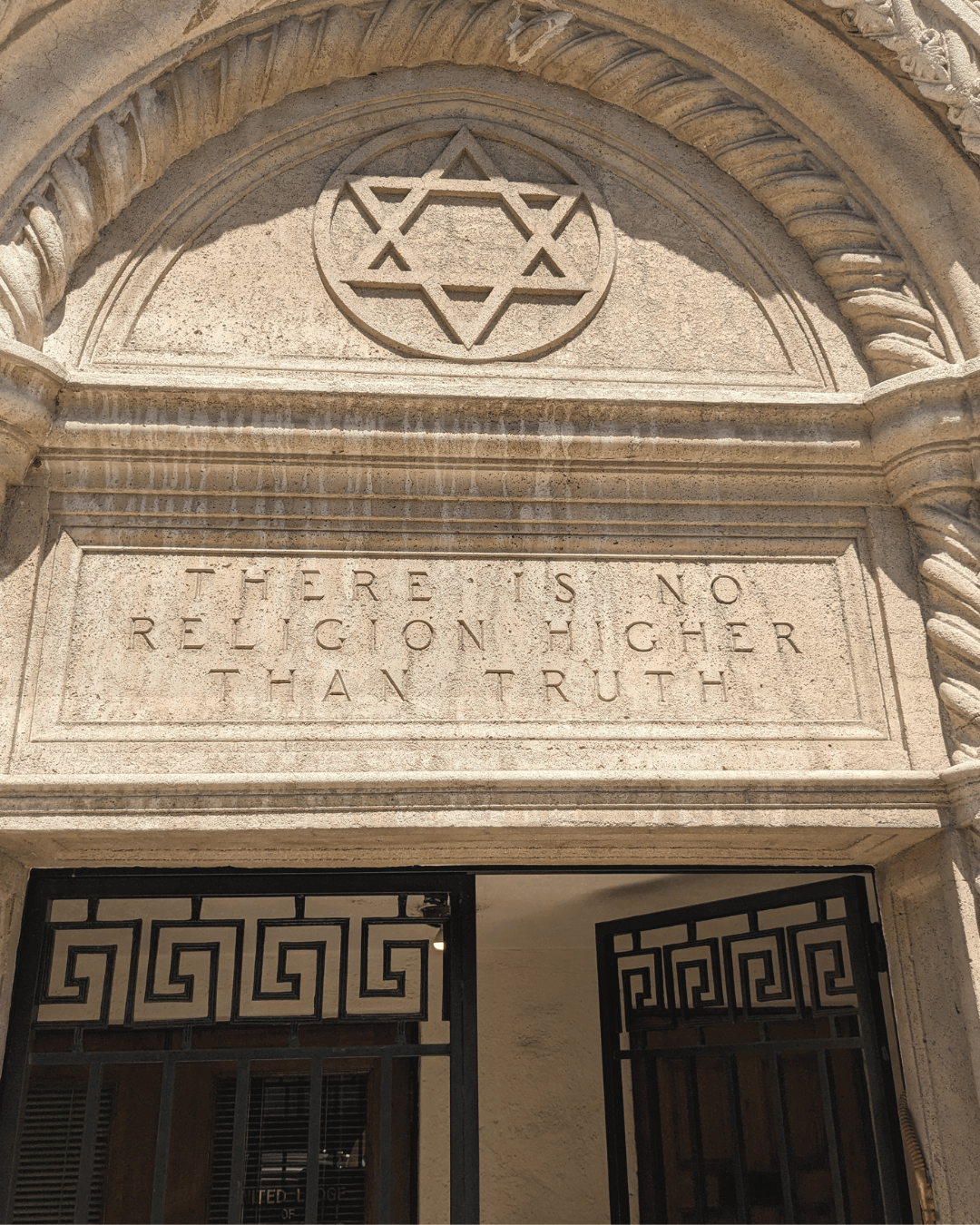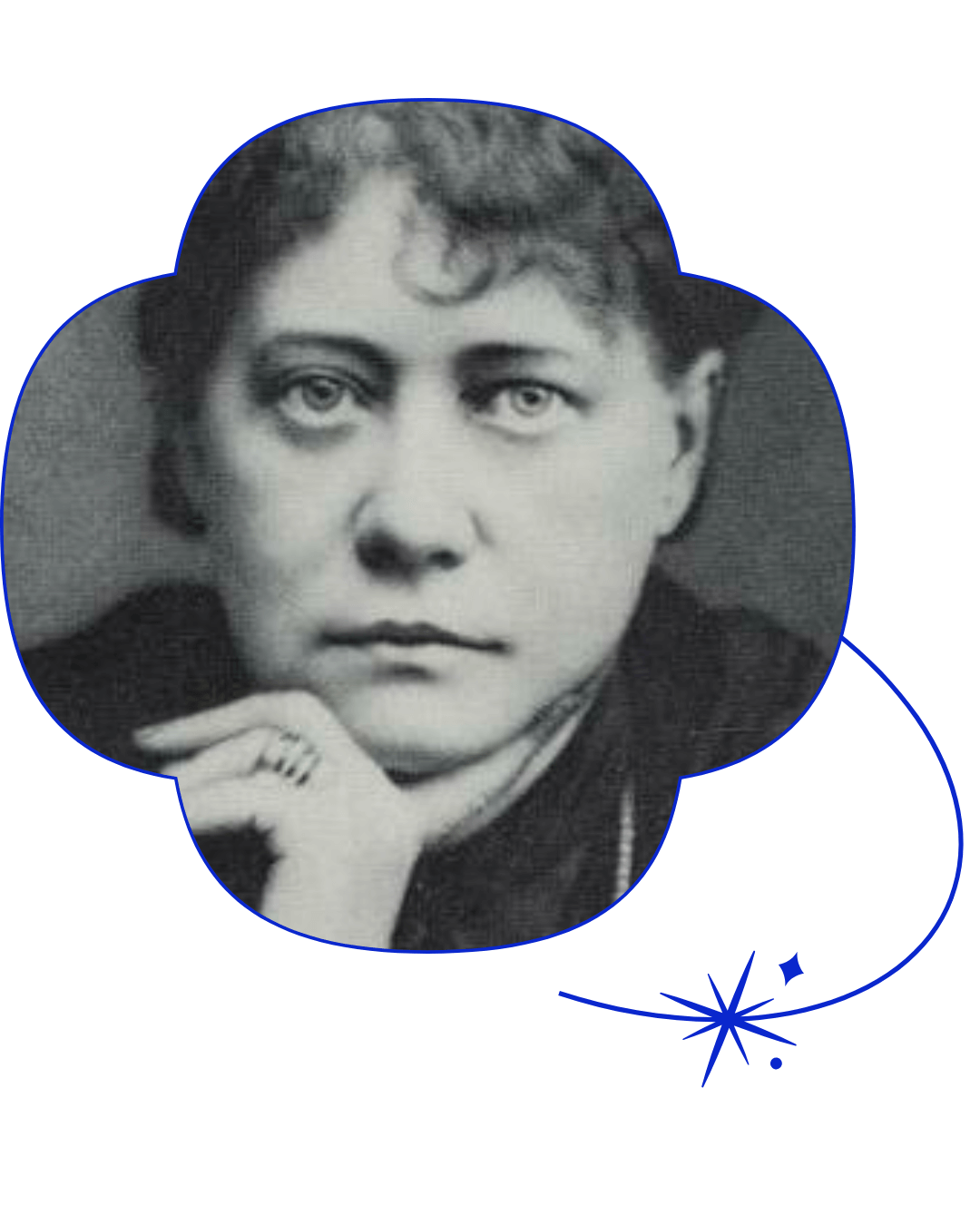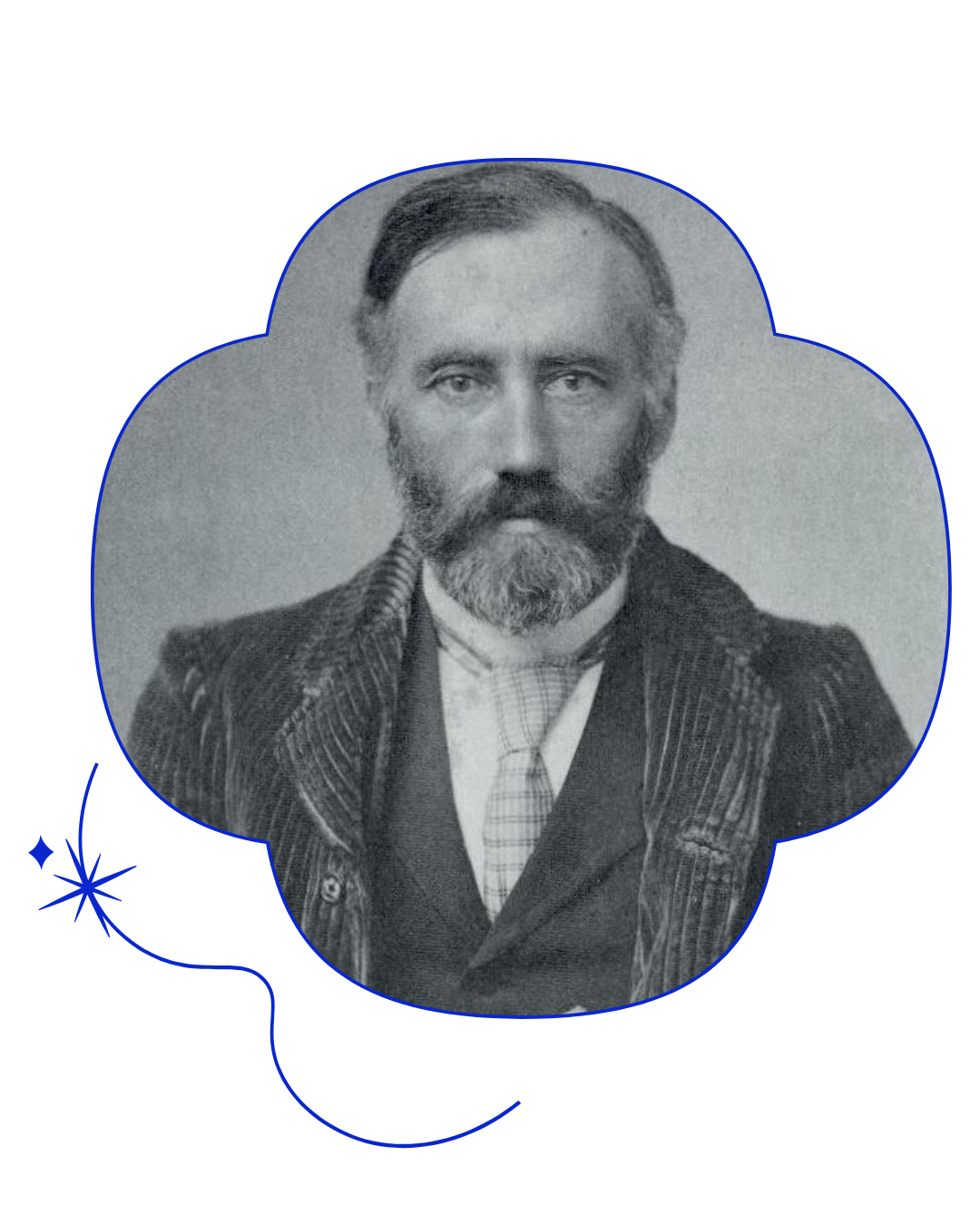About
Theosophy Hall, Los Angeles
Founded in 1909, the United Lodge of Theosophists (ULT) in Los Angeles was established to continue the pure teachings of Theosophy, free from organizational politics. The Lodge follows the principles set forth by Helena P. Blavatsky and William Q. Judge, emphasizing the study and practical application of Theosophical philosophy. ULT remains independent, focusing solely on the dissemination of Theosophy without hierarchy or official membership structures. From its early years, ULT in Los Angeles became a prominent center for Theosophical thought in the United States. Its location provided a meeting ground for influential thinkers, spiritual seekers, and authors who shaped modern esoteric thought. Throughout the early to mid-20th century, the Lodge attracted figures such as Manly P. Hall, whose lectures on esoteric philosophy resonated deeply with Theosophical teachings.
The Lodge also served as a key venue for visiting Theosophists from around the world, fostering a rich exchange of ideas that solidified its role as a hub for Theosophical studies in America. By the 1960s, the Lodge had firmly established itself as a beacon for serious students of Theosophy. It hosted lectures, study groups, and discussions that explored the teachings of Blavatsky and Judge in relation to contemporary spiritual movements. ULT Los Angeles' commitment to self-study and service helped preserve the original intent of Theosophy while adapting to the needs of an evolving audience. To this day, it continues to promote the principles of universal brotherhood, independent inquiry, and the practical application of Theosophical wisdom in daily life.


H.P. Blavatsky
Helena Petrovna Blavatsky (1831*1891) was a pioneering Theosophist, author ofThe Secret Doctrine and Isis Unveiled, and co-founder of the Theosophical Society. She introduced the world to esoteric teachings that synthesized Eastern and Western thought, emphasizing the unity of all life, karma, and reincarnation. Her works sought to unveil the hidden aspects of spirituality and offer a cohesive framework that interwove Eastern mysticism with Western esotericism. Born in Russia, Blavatsky exhibited a profound interest in metaphysics and spiritual traditions from an early age. Her travels across Europe, India, and Tibet exposed her to diverse religious and philosophical systems, which greatly influenced her writings. She asserted that ancient wisdom traditions carried universal truths, and her goal was to revive and clarify these teachings for contemporary seekers. Her work often challenged materialist and dogmatic views, advocating for a more expansive understanding of human consciousness.
William Q. Judge
William Quan Judge (1851*1896) was a central figure in the early Theosophical movement, instrumental in bringing Theosophy to America. A devoted student of Blavatsky, he co-founded the Theosophical Society and played a crucial role in expanding its reach beyond Europe and India. Judge was a prolific writer and lecturer, emphasizing the accessibility of Theosophy for everyday individuals, making it a practical guide rather than a purely esoteric philosophy. His most well-known work, The Ocean of Theosophy, provides a concise yet profound introduction to Theosophical teachings, covering topics such as karma, reincarnation, and spiritual evolution. Judge also contributed extensively to The Path, a Theosophical magazine he founded, which became a vital platform for spreading Theosophical ideas and engaging with seekers of truth.
